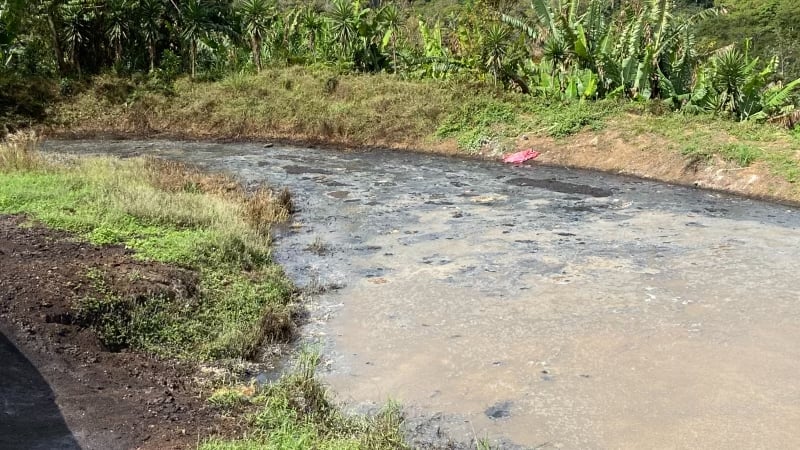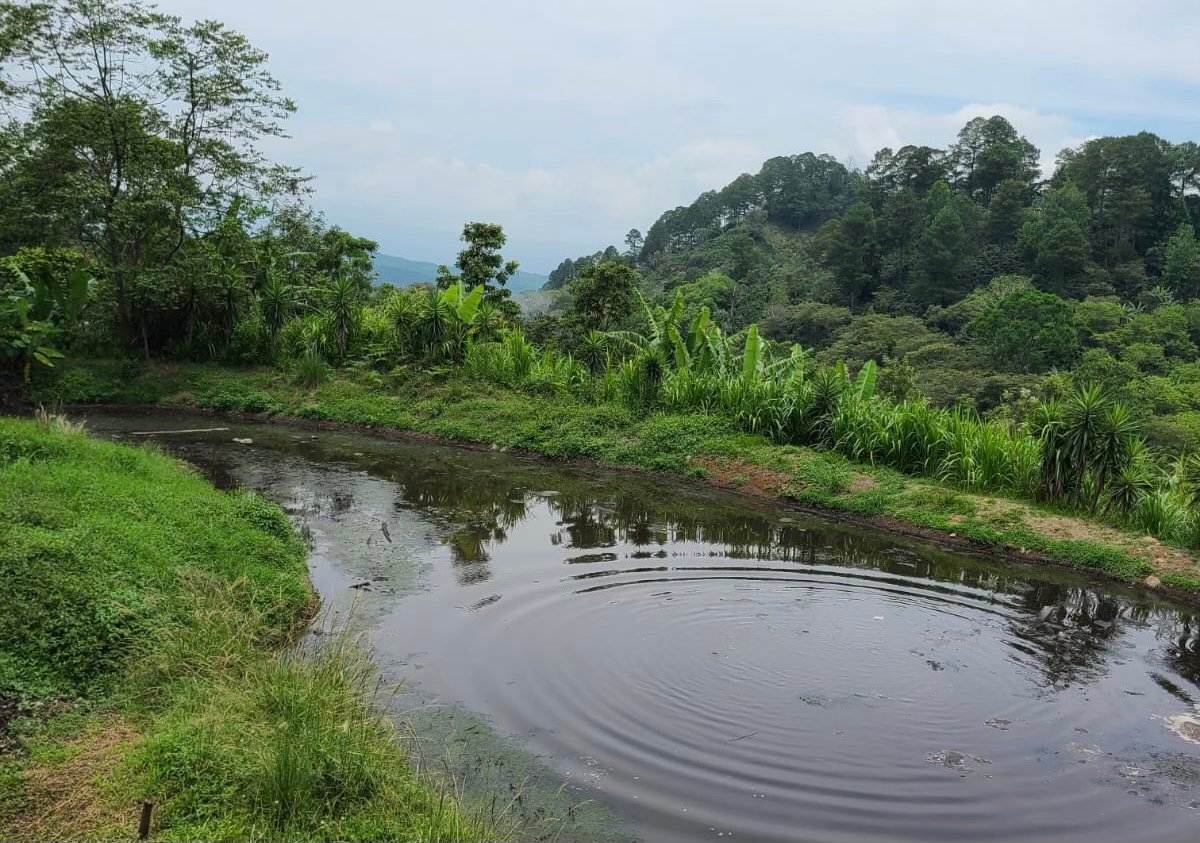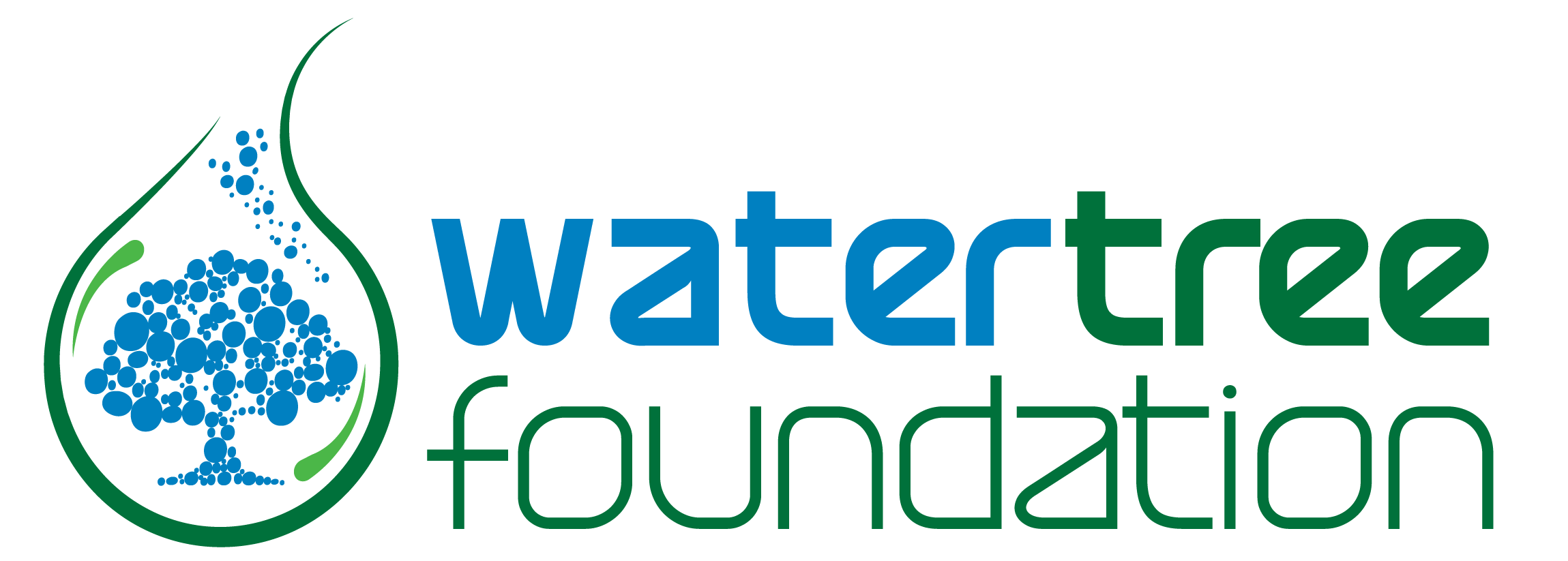The Water Crisis
Every year, a staggering 80% of contaminated municipal water goes untreated or unused, leading to a devastating toll of over 485,000 deaths, with children being the most vulnerable victims of waterborne diseases. However, by implementing simple yet targeted efforts to treat organic polluted water, we can make a direct and long-lasting impact on the health and vitality of communities.
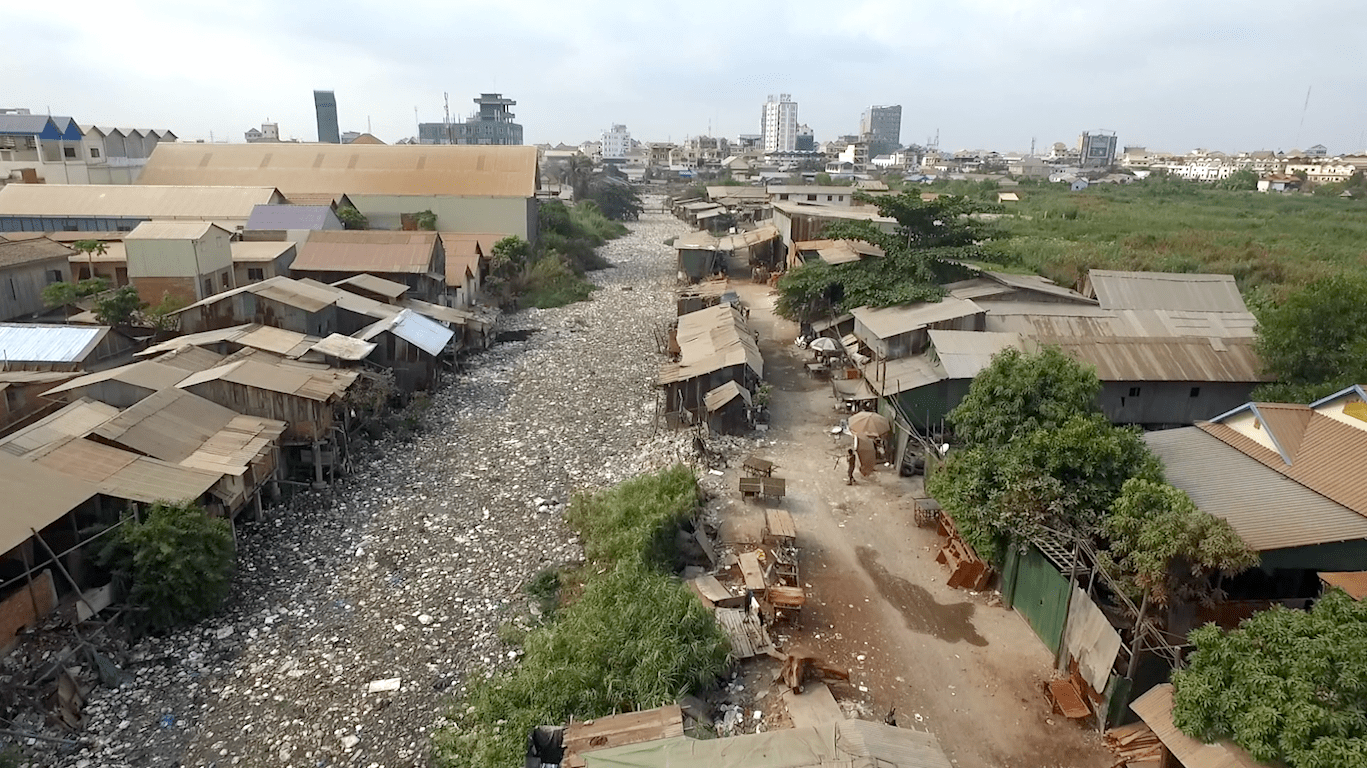
Disease Rampant.
In urban areas where safe drinking water and sanitation are lacking, the consequences on public health are grave. Diseases such as cholera, malaria, dysentery, typhoid, polio, and diarrhea become rampant. Shockingly, according to Unesco, one out of every nine individuals worldwide relies on unsafe and unimproved water sources that are contaminated.
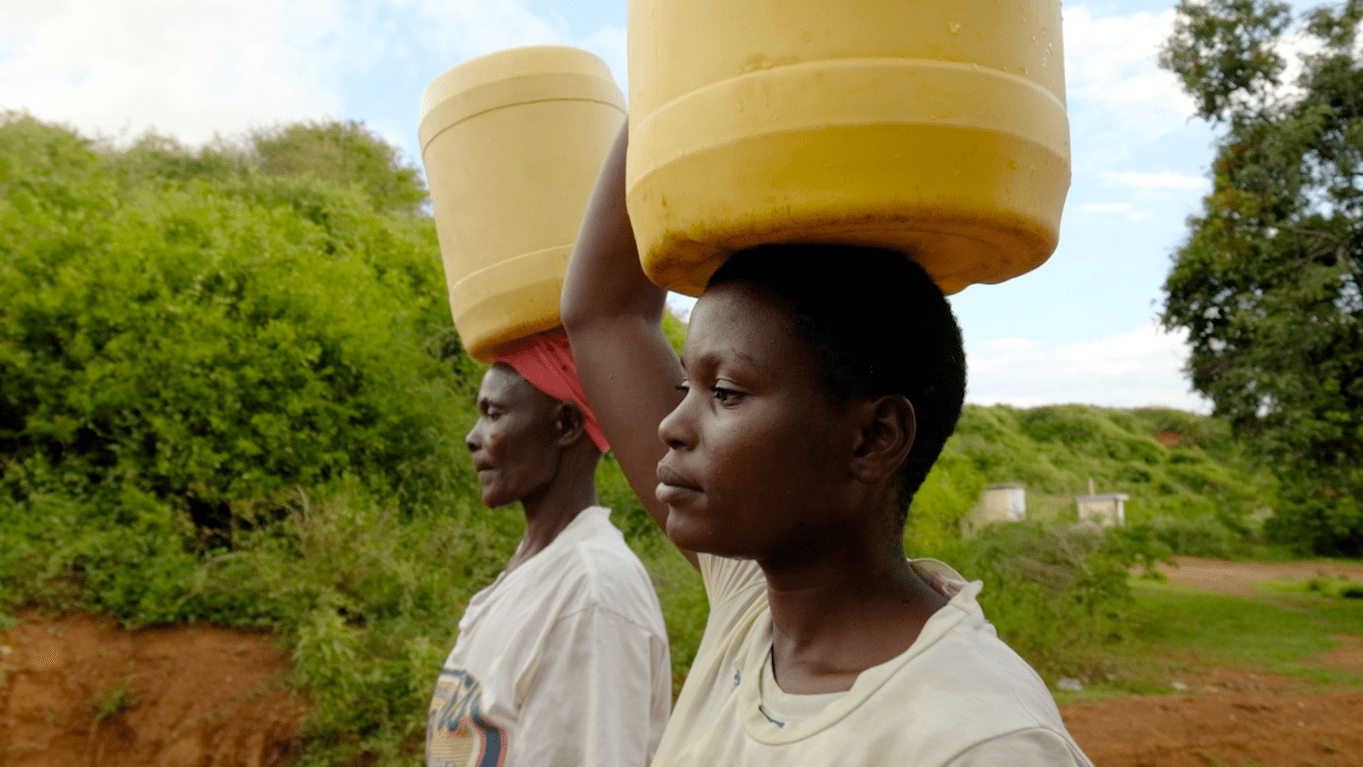
Water Scarcity.
An alarming number of 1.5 billion people worldwide are deprived of proper sewage treatment, highlighting a concerning issue of water scarcity. Looking ahead to 2025, a staggering 3.5 billion individuals are anticipated to confront water shortages, predominantly attributed to the detrimental effects of water pollution.
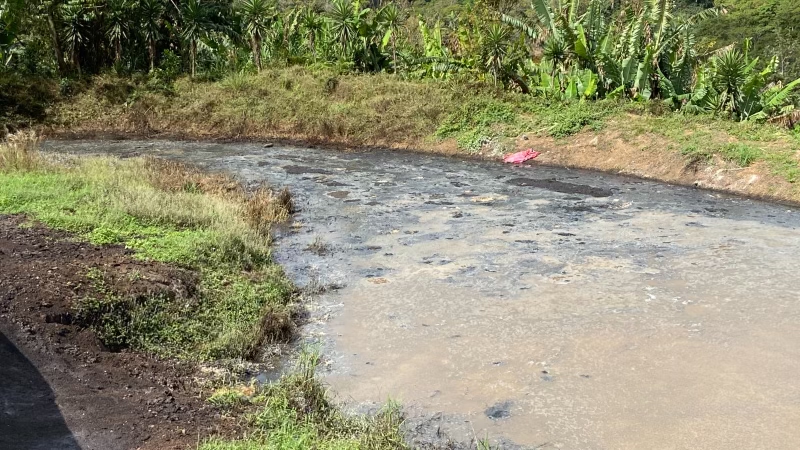
Excessive Waste.
Every single day, a staggering amount of 2 million tons of sewage, industrial, and agricultural waste is released into the vast expanse of the world's water bodies. This astonishing figure is comparable to the collective weight of the entire human population.
Wide spread issues
With the continuous growth of the population, our increasing demand for resources is leading to a multitude of problems. The impact of population growth on water resources, in particular, is becoming increasingly severe, resulting in unprecedented levels of water pollution across all regions.The issues are everywhere and felt by billions. 2.5 Billion people do not have access to safe drinking water. While over 4.2 billion people, more than half of the world’s population, do not have proper sanitation services. The need for simple, affordable and natural solutions is needed now more than ever.
Clear Targets.
Goal 6 of the United Nation’s sustainable development goals is to, by 2030, achieve adequate and equitable sanitation for all and to halve the proportion of untreated wastewater.
In order to accomplish adequate and equitable sanitation for all we need to make a collective impact! Working together to implement real impacts on polluted water is the purpose and focus of the Water Tree Foundation.
